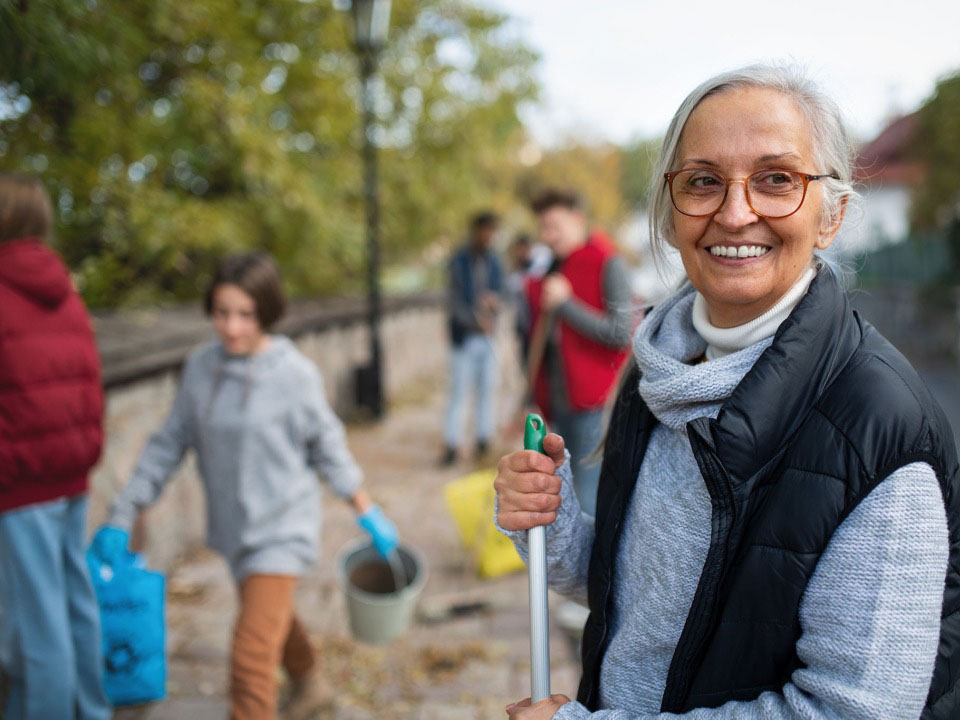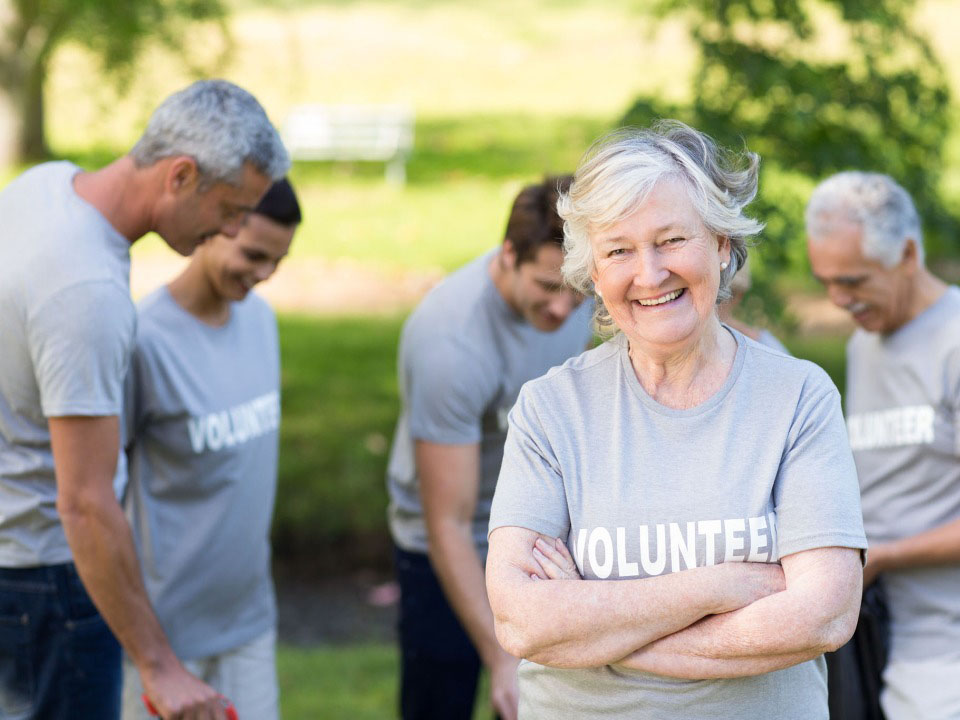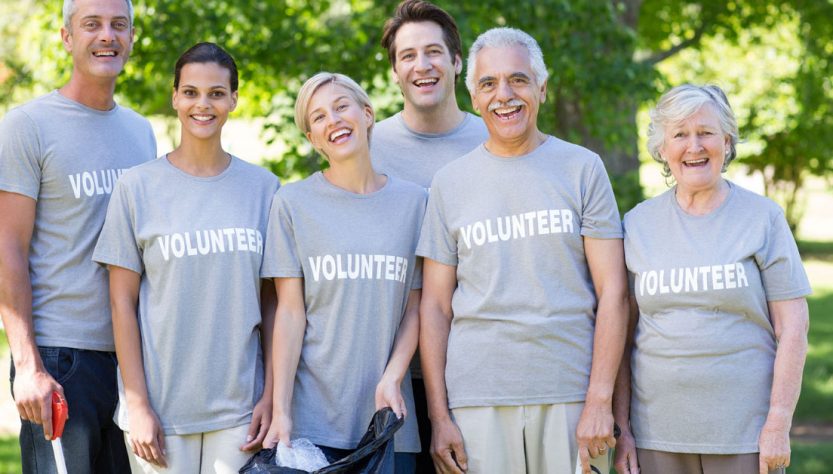Volunteering abroad is a wonderful way to make a difference in the world while experiencing new cultures and gaining valuable life experiences. And contrary to popular belief, volunteering abroad is not just for the young; seniors can also participate and benefit greatly from these opportunities. In fact, many volunteer organizations actively seek out senior volunteers for their unique skills, life experiences, and perspectives. If you’re a senior and interested in volunteering abroad, here’s a guide to get you started.
Choose the Right Volunteer Program

Choosing the right volunteer program when volunteering abroad is an important step to ensure that your experience is fulfilling and impactful. Here are some tips to help you choose the right volunteer program.
Identify your interests and skills
Start by identifying your interests and skills. Are you interested in teaching, healthcare, conservation, or community development? What skills do you have that could be useful in a volunteer program? This will help you narrow down the programs that align with your interests and strengths.
Research different programs
There are many volunteer programs available, so take the time to research and compare them. Look at the organization’s mission, the type of work they do, and the location of the program. You can find information about different programs on the organization’s website or through volunteer placement agencies.
Read reviews and feedback

Before choosing a program, read reviews and feedback from previous volunteers. This can give you an idea of what to expect and help you determine if the program is a good fit for you. You can find reviews on the organization’s website or through volunteer placement agencies.
Consider the duration and cost
Consider how long you want to volunteer and how much you’re willing to spend. Some programs require a minimum commitment of several weeks or months, while others may offer shorter-term opportunities. It’s also important to consider the cost of the program, including any fees for accommodation, food, or travel.
Evaluate the organization
Evaluate the organization’s reputation and credibility. Look for organizations that have a history of successful volunteer programs and a clear commitment to the communities they serve. You can also check if the organization is registered or accredited by a relevant industry body or government agency.
Consider Your Health and Abilities

When considering your health and abilities for volunteering abroad, there are several steps you can take to ensure that you choose a program that is right for you and that you are prepared for the experience:
Consult with your doctor: Before embarking on any volunteer program, it’s important to consult with your doctor to ensure that you are healthy enough to travel and participate in the program. This is especially important if you have any pre-existing medical conditions or take any medications.
Research the program requirements to determine if there are any physical or mental demands that may be difficult for you to meet. Some programs may require strenuous physical activity or may be located in areas with high altitudes, extreme temperatures, or poor air quality.
Be honest about your limitations: Be honest with yourself about your physical abilities and limitations. Consider whether you can handle the physical demands of the program, the duration of the program, and the travel involved.
Communicate with the program organizers to discuss your health and abilities and any concerns you may have. They may be able to make accommodations to ensure that you have a positive experience.
Plan Ahead
Once you’ve chosen a volunteer program, it’s time to start planning. Depending on the program, you may need to obtain visas, vaccinations, or other travel documents. You’ll also need to make travel arrangements, such as booking flights and accommodations. It’s important to plan ahead to ensure a smooth and stress-free experience.
When volunteering abroad, it’s important to take the time to learn about the local culture in order to connect with the community and make a greater impact. Before you go, do some research on the country or community you’ll be working in. Learn about the history, customs, traditions, and current events. You can find a lot of information online, in travel books, or by talking to people who have visited or lived in the area.
If you’re volunteering in a country where the primary language is different from your own, learning some basic phrases can go a long way in helping you communicate with the locals. Consider taking language classes or using language-learning apps to improve your language skills.
Observe and Ask Questions

Once you’re in the country, take the time to observe the locals and their customs. Pay attention to how they greet each other, what they eat, how they dress, and what they do for fun. If you’re not sure about something, don’t be afraid to ask questions. Locals are often happy to share their culture with visitors.
Look for opportunities to participate in cultural activities, such as festivals, ceremonies, or religious events. These can provide a deeper understanding of the local culture and can be a fun way to meet new people.
Volunteering abroad can be a life-changing experience, so be sure to make the most of it. Take the time to explore your surroundings, meet new people, and try new things. Keep a journal or take photos to document your experience and reflect on your learnings.
